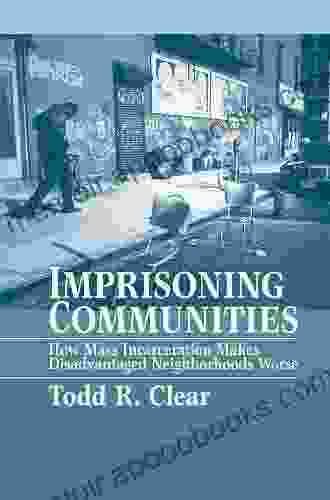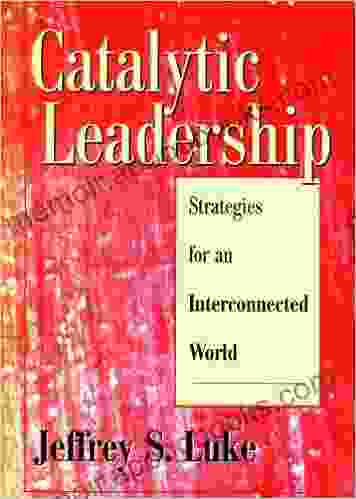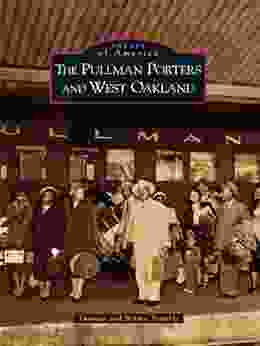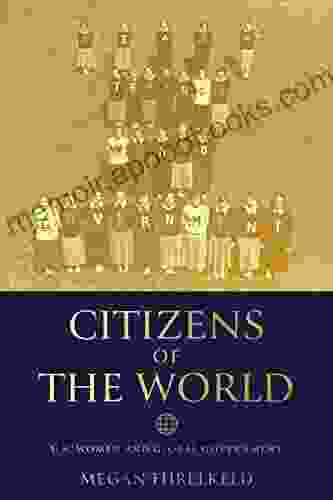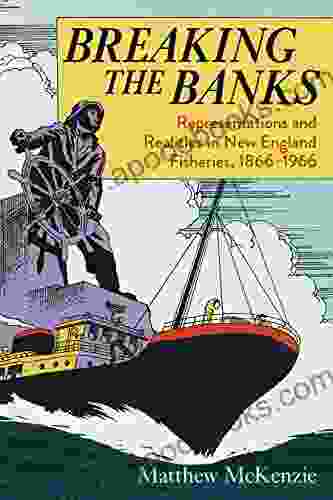How Mass Incarceration Makes Disadvantaged Neighborhoods Worse: Studies in Crime

4.2 out of 5
| Language | : | English |
| File size | : | 4096 KB |
| Text-to-Speech | : | Enabled |
| Screen Reader | : | Supported |
| Enhanced typesetting | : | Enabled |
| Word Wise | : | Enabled |
| Lending | : | Enabled |
| Print length | : | 273 pages |
| X-Ray for textbooks | : | Enabled |
Mass incarceration has become a defining feature of the American criminal justice system, with the United States incarcerating more people than any other country in the world. This has had a particularly devastating impact on disadvantaged neighborhoods, which are disproportionately affected by mass incarceration.
In this book, leading scholars explore the ways in which mass incarceration exacerbates poverty, crime, and social inequality in disadvantaged neighborhoods. They draw on a wealth of research to show how mass incarceration:
- Increases poverty by reducing job opportunities and earnings for formerly incarcerated individuals.
- Increases crime by disrupting social networks and family structures, and by creating a revolving door of recidivism.
- Increases social inequality by concentrating poverty and crime in disadvantaged neighborhoods, and by creating a permanent underclass of ex-offenders.
The book concludes by arguing for a new approach to criminal justice that focuses on prevention and rehabilitation, rather than on punishment and incarceration. This approach would help to reduce mass incarceration and its devastating impact on disadvantaged neighborhoods.
This book is essential reading for anyone interested in the impact of mass incarceration on disadvantaged neighborhoods. It is a powerful indictment of the current criminal justice system and a call for a new approach that is based on justice and compassion.
Table of Contents
- Mass Incarceration and the Rise of the Prison Industrial Complex
- The Impact of Mass Incarceration on Disadvantaged Neighborhoods
- Poverty and Mass Incarceration
- Crime and Mass Incarceration
- Social Inequality and Mass Incarceration
- Toward a New Approach to Criminal Justice
Reviews
"This book is a must-read for anyone who wants to understand the devastating impact of mass incarceration on disadvantaged neighborhoods. It is a powerful indictment of the current criminal justice system and a call for a new approach that is based on justice and compassion." - Michelle Alexander, author of The New Jim Crow
"This book is a groundbreaking work that provides a comprehensive analysis of the impact of mass incarceration on disadvantaged neighborhoods. It is a valuable resource for scholars, policymakers, and anyone who is concerned about the future of our criminal justice system." - Marc Mauer, executive director of The Sentencing Project
About the Authors
John Pfaff is a professor of law at Fordham University. He is the author of several books on criminal justice, including Locked In: The True Causes of Mass Incarceration and How to Achieve Real Reform.
Bruce Western is a professor of sociology at Harvard University. He is the author of several books on poverty and inequality, including Life Sentences: How Mass Incarceration Creates Failed Families.
Free Download Your Copy Today
This book is available for Free Download from all major booksellers. Free Download your copy today and learn more about the devastating impact of mass incarceration on disadvantaged neighborhoods.
4.2 out of 5
| Language | : | English |
| File size | : | 4096 KB |
| Text-to-Speech | : | Enabled |
| Screen Reader | : | Supported |
| Enhanced typesetting | : | Enabled |
| Word Wise | : | Enabled |
| Lending | : | Enabled |
| Print length | : | 273 pages |
| X-Ray for textbooks | : | Enabled |
Do you want to contribute by writing guest posts on this blog?
Please contact us and send us a resume of previous articles that you have written.
 Book
Book Novel
Novel Page
Page Chapter
Chapter Text
Text Story
Story Genre
Genre Reader
Reader Library
Library Paperback
Paperback E-book
E-book Magazine
Magazine Newspaper
Newspaper Paragraph
Paragraph Sentence
Sentence Bookmark
Bookmark Shelf
Shelf Glossary
Glossary Bibliography
Bibliography Foreword
Foreword Preface
Preface Synopsis
Synopsis Annotation
Annotation Footnote
Footnote Manuscript
Manuscript Scroll
Scroll Codex
Codex Tome
Tome Bestseller
Bestseller Classics
Classics Library card
Library card Narrative
Narrative Biography
Biography Autobiography
Autobiography Memoir
Memoir Reference
Reference Encyclopedia
Encyclopedia Reta Halteman Finger
Reta Halteman Finger Eric Wiberg
Eric Wiberg Kj Nelson
Kj Nelson Matthew Hussey
Matthew Hussey Joan C Williams
Joan C Williams Doris Weatherford
Doris Weatherford Namrata Patel
Namrata Patel Jo Avery
Jo Avery Alexandra Potter
Alexandra Potter Todd Scott Parker
Todd Scott Parker Lois Ruskai Melina
Lois Ruskai Melina Susannah Cole
Susannah Cole Dee Lanier
Dee Lanier Jenna Wolfhart
Jenna Wolfhart Subir Kumar Saha
Subir Kumar Saha Tom Vander Ark
Tom Vander Ark Randall Hansen
Randall Hansen Brian Andrews
Brian Andrews Lisa M Arreguin
Lisa M Arreguin Aesop
Aesop
Light bulbAdvertise smarter! Our strategic ad space ensures maximum exposure. Reserve your spot today!

 Bobby HowardUnlock the Secrets of Successful Trading with "28 Secrets of Trading with Fit...
Bobby HowardUnlock the Secrets of Successful Trading with "28 Secrets of Trading with Fit... Ethan MitchellFollow ·3.6k
Ethan MitchellFollow ·3.6k Phil FosterFollow ·13.7k
Phil FosterFollow ·13.7k Tony CarterFollow ·14.4k
Tony CarterFollow ·14.4k Glenn HayesFollow ·7.4k
Glenn HayesFollow ·7.4k Greg FosterFollow ·7.7k
Greg FosterFollow ·7.7k Vernon BlairFollow ·3.9k
Vernon BlairFollow ·3.9k Billy PetersonFollow ·14.7k
Billy PetersonFollow ·14.7k Austin FordFollow ·13.9k
Austin FordFollow ·13.9k
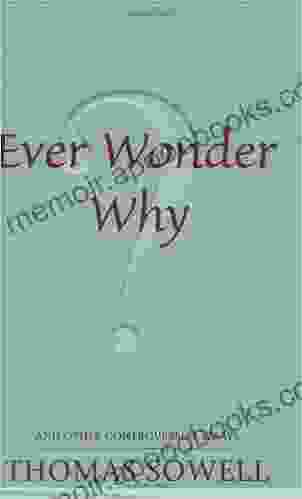
 Jamie Bell
Jamie BellUnlock Your Mind with "Ever Wonder Why And Other...
Prepare to...

 Robert Frost
Robert Frost30 Day Betting Challenge: Transform Your Betting Habits...
Are you tired of...
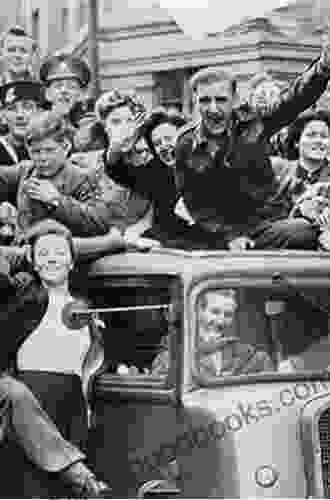
 Derrick Hughes
Derrick HughesWhat Is Victory In War? Unraveling the Enigma of Triumph
The Illusion...
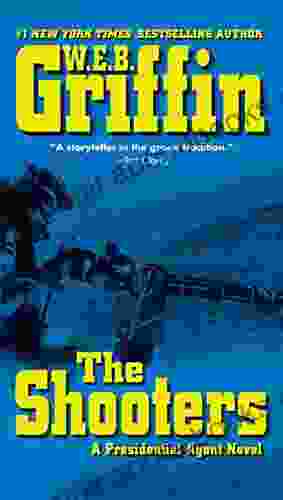
 Jesse Bell
Jesse BellThe Shooters: A Gripping Presidential Agent Novel That...
Enter the Shadowy World of...
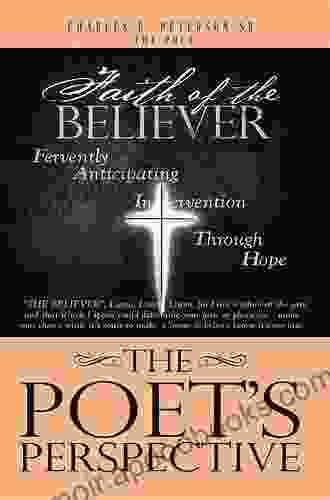
 Ernest Hemingway
Ernest HemingwayUnlocking the Theological Depths of Paul Claudel: An...
Prepare to embark on an...
4.2 out of 5
| Language | : | English |
| File size | : | 4096 KB |
| Text-to-Speech | : | Enabled |
| Screen Reader | : | Supported |
| Enhanced typesetting | : | Enabled |
| Word Wise | : | Enabled |
| Lending | : | Enabled |
| Print length | : | 273 pages |
| X-Ray for textbooks | : | Enabled |


